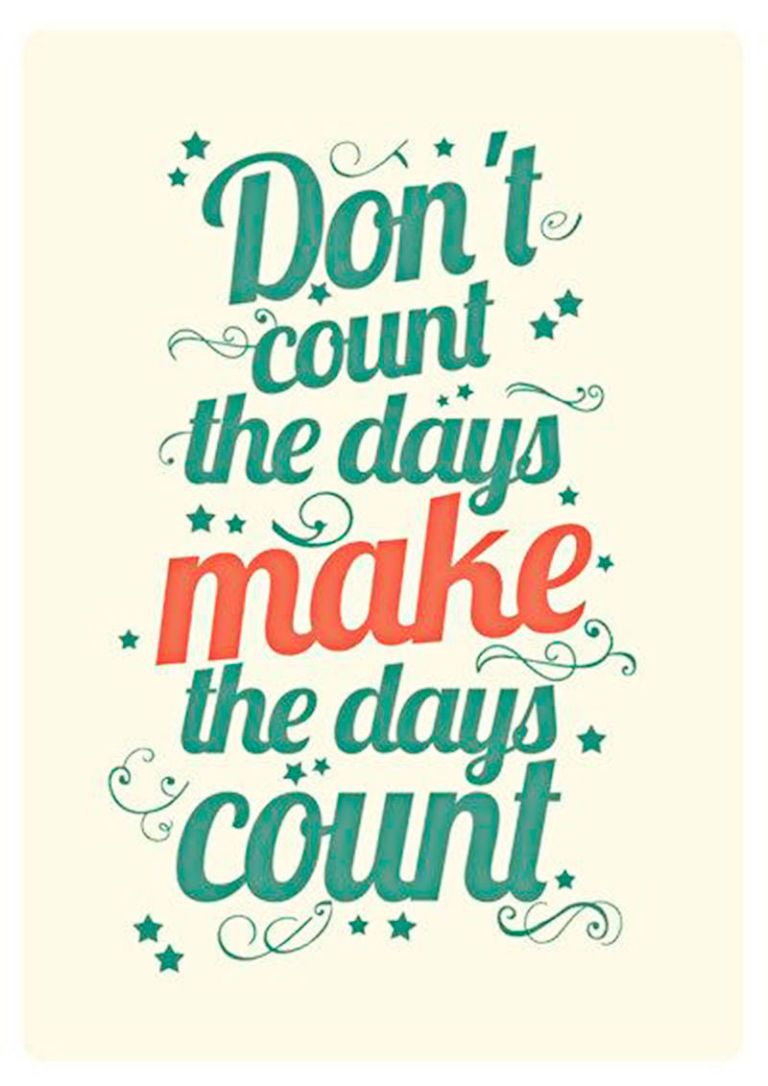
And when we prioritize what gets ‘saved’ in the content we show people first on the platform, suddenly the images and videos that are top-performing don’t distract you from your life (like gross-out videos or conspiracy theories), but actually help you improve it (like step-by-step guides, self-care ideas, inspirational quotes, how-to videos). When people see something on Pinterest that they want to act on, they hit ‘save’. “A good example of one of those actions is ‘saves’. Pinterest says that it’s looking to buck this trend by focusing on ‘inspired actions’, and direct user signals, in order to only show people what they want to see, not what will keep them scrolling, necessarily.

If we are going to curb the crisis that social media has created, the only option is to tell AI to do something different.” “Ranking for views can certainly promote some great, entertaining content, but unfortunately it’s just as good at surfacing divisive and polarizing content that keeps people hooked. Pinterest says that social platforms should be more intentional about the content they rank, and more realistic about the effects it can cause. We use those active signals to determine what you see first on Pinterest.” For example, our algorithm prioritizes explicit signals from people who use Pinterest: more conscious, active engagements, like “saving” an idea. “ Over the last decade, we’ve made deliberate choices to engineer a more positive place online. In addition to this, Pinterest has also outlined how its efforts on this front have varied from other platforms, as it’s sought to align its tools around more healthy interactions, as opposed to optimizing for raw engagement. It’s an interesting study, and while the comparison between online puzzles and Pinterest use may not be wholly indicative of universal benefits of using Pinterest, it does provide some measure of how the platform can encourage positive emotions and experiences.

This higher level of relaxation was uniquely "unlocked" by seeking inspiration on Pinterest, and was not true of the control condition.” “We also found that higher levels of inspiration make it easier to relax. The study also found that active engagement with inspiring content on Pinterest ‘mitigated the consequences of physical stress on people’s daily positive emotion, preserving their capacity for feeling good’, while social connectedness also increased.


 0 kommentar(er)
0 kommentar(er)
